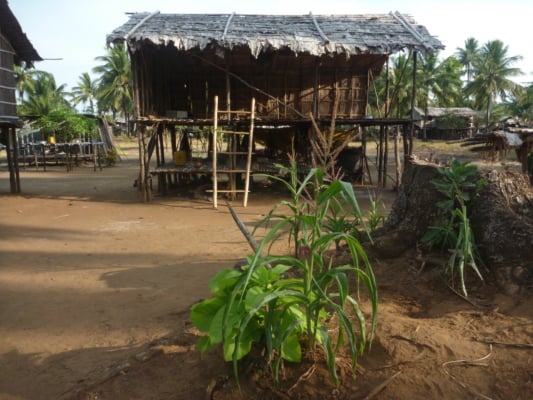Guest post for Governance for Development.
Give people the ability to engage, and they will change the world. Or will they?
The massive expansion of political voice and social activism over the past several decades — ranging from the mushrooming of citizen-led initiatives for transparency and accountability, to the uprisings in the Middle East and North Africa, and the eruption of protest movements in countries as diverse as Brazil, India, Turkey and Mexico – has generated great enthusiasm about the transformational potential of popular participation.
The reality, however, is more complex than that.
Think back to the Arab Spring and the extraordinary mobilization of so many people who managed to topple one authoritarian regime after another. The streets were theirs, but in most of these countries ousting dictators has turned out to be much easier than building political systems that are more democratic and open for citizens to engage. While much in demand, genuine spaces for political participation that can bring citizens and states closer together have remained extremely limited.
I recently prepared a module on Citizen Engagement and Development Outcomes for a Massive Online Open Course (MOOC) on “Engaging Citizens: A Game Changer for Development?”, just launched by the World Bank Group and partner organizations in both Washington, DC and London.
The module sheds light on the challenges behind simplistic slogans, such as ‘power to the people’, and highlights that contextual realities and political dynamics are central to the effectiveness of different forms of citizen engagement.
In recent years, the concept of citizen engagement has risen as a central area of interest in international development. The premise is that, when people participate in the development process and are better informed, they demand greater accountability around issues they care about. This can improve the quality of governance and, ultimately, development outcomes.
Citizen engagement is a diverse and complex field, with people everywhere expressing their views and mobilising around them in different ways. Elections are the most well-established mechanisms for holding office-holders to account – but they ask citizens only to tick a box at periodic intervals.
Other, more involved channels of participation bring together citizens and communities with local level government officials, politicians and service providers. Mechanisms such as community score cards, public hearings and social audits make it possible for citizens monitor and to voice concerns about how well services are performing and agree on joint actions to address gaps or problems. Participatory budgeting and constitution-making processes are other types of ‘invited spaces’ of engagement that have become widespread since the 1980s.
Social mobilization can also be more contentious. Witness the proliferation of protests and uprisings in recent years even in established democracies (the ‘Occupy’ movements in the US, the UK and beyond), in more recently democratised upper middle-income countries (Brazil, India, Turkey, and Mexico), and in countries going through major transformation (the Middle East, North Africa, Venezuela). These protests attract ever larger crowds, especially among the middle classes and disaffected young people. They show that people demand more than intermittent elections – they want a say in what their governments do and, crucially, how they do it.
The spread of the Internet, mobile communications, and social media has also enabled people to connect across time and space in ways that were once unimaginable. And yet, there is nothing to say that this kind of momentum will always be harnessed towards progressive aims.
Getting to the core of when and how citizen engagement can be effective – and for whom – means grappling with the underlying politics at play. The struggle for greater inclusion, accountability and representation is an ongoing process of negotiation and contestation, and it is above all about altering existing power relations. As the protests in Egypt and elsewhere show, citizen engagement alone is not enough to bring about change; collective organization is essential.
Citizen engagement, in short, has to be matched by the engagement of political parties, parliaments and groups across state and society. Governments also need to have the capacity to respond to the needs of their citizens. This is what is needed to give real substance to the concept of people’s empowerment and move beyond slogans.










